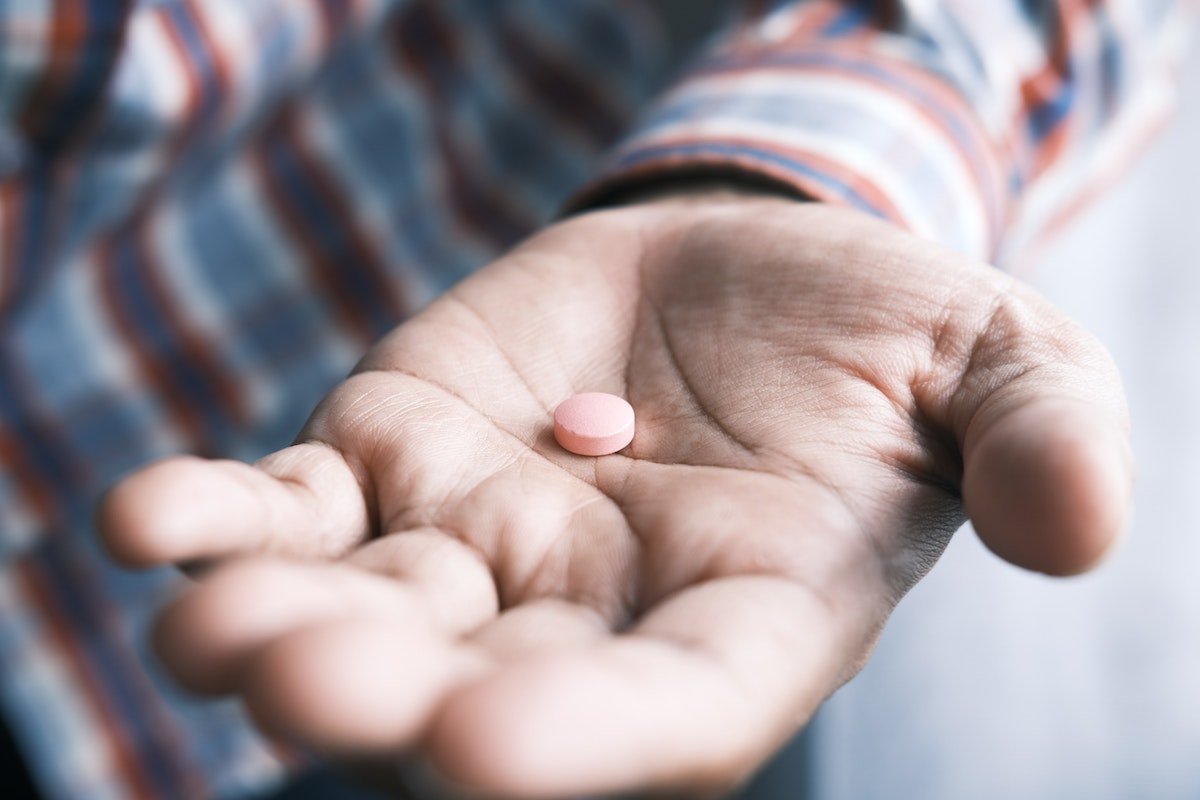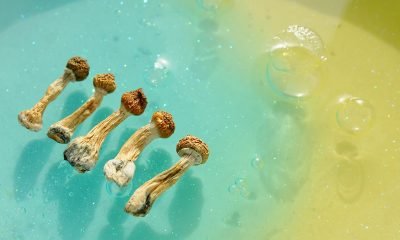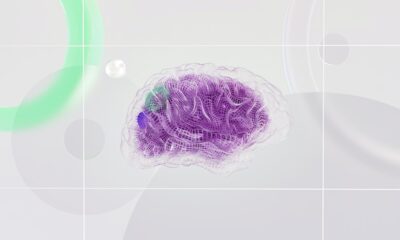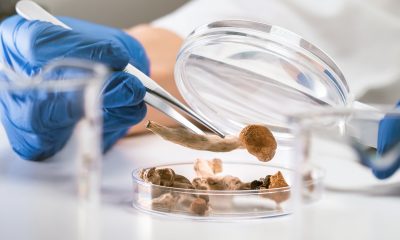Chief clinical development officer of HMNC Brain Health, Hans Eriksson, speaks to Psychedelic Health about how the company’s formula, ‘Ketabon’, will provide the therapeutic benefits of ketamine without the ‘trip.’
In June 2022, HMNC and Develco Pharma’s Phase 2 oral prolonged-release ketamine (Ketabon) Study dosed its first patient. The trial aims to understand if ketamine can help people living with treatment-resistant depression (TRD) who have not responded to a minimum of two standard antidepressants in their current major depressive episode.
Based on the data, HMNC believes the pharmacokinetic profile of its prolonged release Ketabon formulation could significantly improve tolerability and patient convenience by minimising dissociative effects compared with the currently applied intravenous and intranasal therapies.
Ketabon
HMNC’s proprietary formulation of ketamine is an oral formulation of ketamine that is taken up slowly by the body, with its concentration peaking at around six to eight hours.
The formulation, delivered in pill form, contains both enantiomers of ketamine – (S)-ketamine and (R)-ketamine – explains Eriksson.
“Since it’s taken orally, everything will essentially pass by the liver, so, quite a lot of the parent compound, ketamine – an active compound – is metabolised, as we get the relatively higher contribution of some of the downstream active metabolites,” said Eriksson.
“We believe that some of the advantages that we expect to find with Ketabon come from the pharmacokinetic properties, both the slow concentration buildup and also the relatively high first-pass metabolism.”
In its Phase 1 study, results demonstrated that patients with chronic pain conditions that were exposed to this compound had good tolerability.
A smaller Phase 2 study in treatment-resistant depression was conducted in an academic setting at the University of Zurich in Switzerland, although the study was terminated early due to difficulties in recruiting participants during the pandemic.
“This study still gave us lots of encouragement because we saw a clear signal of clinical efficacy,” said Eriksson.
With HMNC’s larger Phase 2 study underway, a clinical data readout is expected during the first half of next year. This study is being carried out with 117 patients in three different treatment arms as an add-on to standard antidepressant treatment in three countries in Europe. It is also being run as an outpatient study, which is not very usual for ketamine.
The first dose in the study is being given under medical supervision to ensure safety. While the study aims to demonstrate efficacy and safety, it is also an exploratory study, says Eriksson, as HMNC believes that three weeks may not be essential to achieve maximum efficacy.
“We believe that sometime during the time after three weeks there will be maximum efficacy,” said Eriksson. “That’s probably the induction phase that we will use going forward as there is quite a lot of compelling evidence that maintenance treatment in individuals who have responded to ketamine, or (S)-ketamine, doesn’t have to be given on a daily basis.
“We can see that for instance with spravato [a nasal (S)-ketamine spray] and in many other regimens, where the frequency of dosing becomes lower and lower.”
Ketamine without the trip
Ericsson says HMNC believes that its Ketabon formulation has a low likelihood of causing clinically significant dissociative side effects.
Currently, whether or not the “trip” aspect of psychedelic therapy, and ketamine therapy, is necessary for clinical benefits is being debated.
“For the dissociative effects of ketamine, I actually don’t think it’s absolutely needed,” said Eriksson. “In our small study in Switzerland, it was indeed possible to get an efficacy signal without dissociation. And there is also some data from academic studies out there looking at oral administration that look pretty encouraging.
“Our hypothesis is that with the dose we have chosen, we will get the antidepressant efficacy, but we will not get the dissociative side effects. In our study, under the Clinician Administered Dissociative States Scale, which is one of the standard scales to look at dissociation – a common side effect of ketamine – the high dose of our drug was similar to the placebo.
“It was placebo level dissociation and there were also no signs of blood pressure increase, which is another typical consequence of giving ketamine intravenously or giving (S)-ketamine as a nasal spray.”
The company is aiming to develop the medication as a take-at-home medicine to over come the current challenges faced when delivering ketamine treatment. With IV ketamine treatment causing strong dissociative effects – patients must be treated in-clinic and supervised by a medical professional for a number of hours.
“I think there are two consequences of not having dissociative side effects,” said Eriksson. “One is that it will be good for patients, because many patients really disliked the dissociative experiences and they are quite unpredictable as well.
“On a practical level, it will change things because if you’re taking a medicine like intranasal (S)-ketamine, which is a good medicine, you need to come into a physician’s office of the hospital several times during the treatment, once per week, twice per week and so on, and you need to stay there for several hours.
“It’s really a complex treatment compared to if you can take the medicine at home. Our take-at-home approach has the potential to become a game changer for ketamine treatment.
“When you take psychedelic medicines that necessitate lots of staff and a controlled setting, meaning they become limited to a more severe end of the spectrum, which I think is natural.
“If it will be possible to develop this medicine to something that gives efficacy with a very benign tolerability profile, then there is the potential to as a next step, continue developing the medicine for a broader use in psychiatric disorders, not necessarily only the treatment-resistant disorders.”
As Ketabon is an oral medication, Ericsson says HMNC will likely run a full effect study to find out whether the uptake is influenced by the food a patient is eating.
So far, HMCN has spoken to several regulatory agencies and is aiming to take its treatment to the US and Europe, with development programmes designed to be fit for purpose for each market.
“We believe that ketamine is a good antidepressant and that we can use Ketabon’s pharmacokinetic properties to disentangle the beneficial antidepressant effects from sometimes disturbing dissociative and cardiac effects,” Said Eriksson.
“That opens up the potential for a broader use of the medicine.”


 Opinion2 years ago
Opinion2 years ago
 Insight3 years ago
Insight3 years ago
 Medicinal2 years ago
Medicinal2 years ago
 Medicinal2 years ago
Medicinal2 years ago
 Research2 years ago
Research2 years ago
 Markets & Industry1 year ago
Markets & Industry1 year ago
 News3 years ago
News3 years ago
 Medicinal2 years ago
Medicinal2 years ago

















